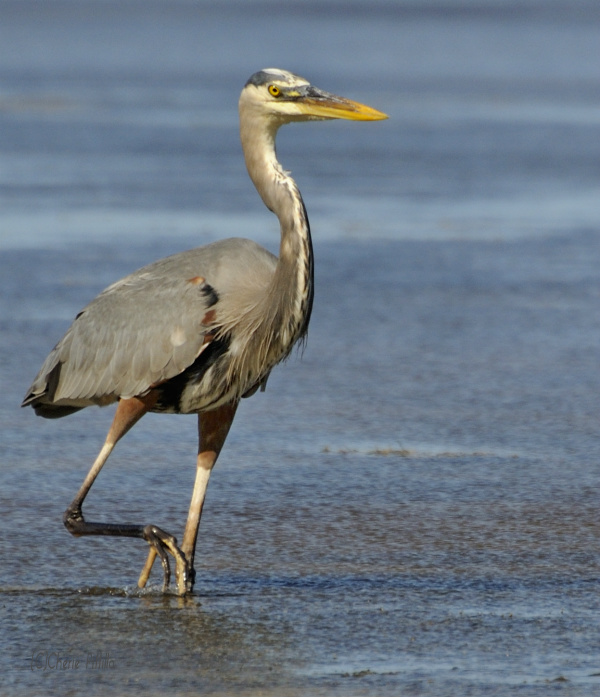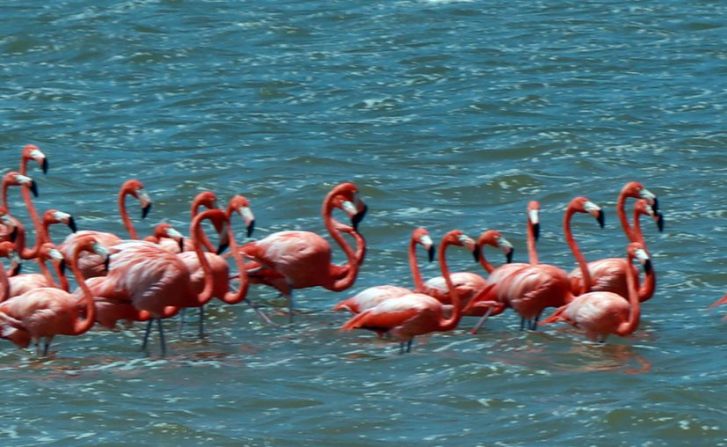The director of the Santa María Project reported that habitat loss, illegal trafficking and sport hunting cause at least 500 species to die every day in Yucatán.
Habitat loss, illegal trafficking and sport hunting mean that every day some 500 species of wildlife are preyed upon in the 106 municipalities of Yucatan, mainly reptiles and birds endemic to the Yucatan Peninsula, denounced the director of the Santa Maria Project, José Pier Medina Ancona.
“The rate of depredation in the state is difficult to calculate, but if there are 106 municipalities in the state with police stations and ranches where hunting for sustenance or commercial hunting is rooted and deer, felines, iguanas, etc. are killed every day, we can see why many species of wildlife are in decline,” said the activist.

He said that currently animals are indiscriminately traded on the internet, because “it is the easiest way” to sell a jaguar, a margay, any feline or a toucan, a turtle or other protected species and the authority in charge of protection does not have a cyber security area to combat it.

“In markets such as San Roque; Kanasín; Francisco Villa Poniente; and even Lucas de Gálvez, the commercialization of prohibited species such as boa constrictors; toucans; cardinals; and even monkeys is visible, all in full view of the authorities,” warned the activist.
The destination of most of the protected species that are illegally trafficked is the local domestic terrain, as pets; some species are transported to other cities in Mexico, the United States and Canada, as well as to European and Asian countries.
In addition to the above, unregulated sport hunting with a growing tourism that this illegal practice; in addition to capture for commercial purposes and everything is impacting the ecological balance in the State, “based on the term One Health, if there is affectation to a species, there is also to humans; animals are pest controllers, seed dispersers and a myriad of functions and when any is removed from its habitat that chain is broken and there is affectation for all,” he said.
He explained that it is also a public health problem, since many of these wild animals could be carriers of fungi, bacteria and parasites that can be transmitted to humans and lead to diseases or even epidemics.
TYT Newsroom


